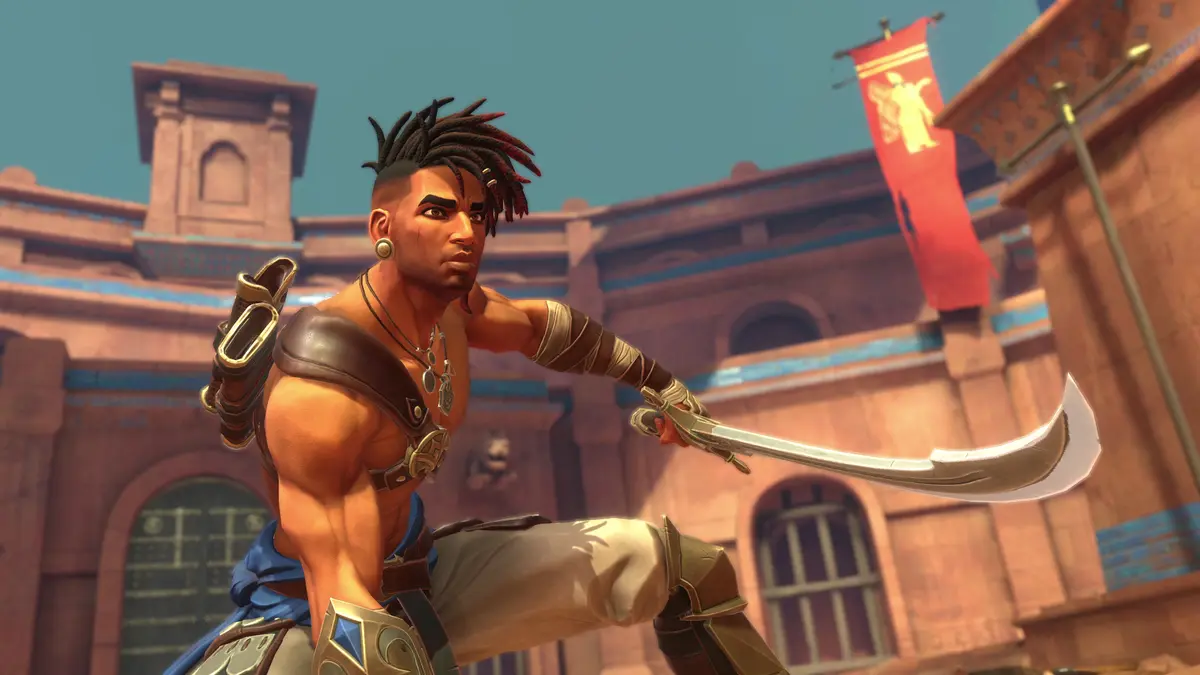Baldur's Gate 3 publishing chief calls out Ubisoft's 'broken strategy': If gamers need to get used to not owning games, 'developers must get used to not having jobs'
Baldur's Gate 3 publishing chief calls out Ubisoft's 'broken strategy': If gamers need to get used to not owning games, 'developers must get used to not having jobs'

Baldur's Gate 3 publishing chief calls out Ubisoft's 'broken strategy': If gamers need to get used to not owning games, 'developers must get used to not having jobs'

Larian director of publishing Michael Douse, never one to be shy about speaking his mind, has spoken his mind about Ubisoft's decision to disband the Prince of Persia: The Lost Crown development team, saying it's the result of a "broken strategy" that prioritizes subscriptions over sales.
Prince of Persia: The Lost Crown is quite good. PC Gamer's Mollie Taylor felt it was dragged down by a very slow start, calling it "a slow burn to a fault" in an overall positive review, and it holds an enviable 86 aggregate score on Metacritic. Despite that, Ubisoft recently confirmed that the development team has been scattered to the four winds to work on "other projects that will benefit from their expertise."
This, Douse feels, is at least partially the outcome of Ubisoft's focus on subscriptions over conventional game sales—the whole "feeling comfortable with not owning your game" thing espoused by Ubisoft director of subscriptions Philippe Tremblay earlier this year—and the decision to stop releasing games on Steam, which is far and away the biggest digital storefront for PC gaming.
